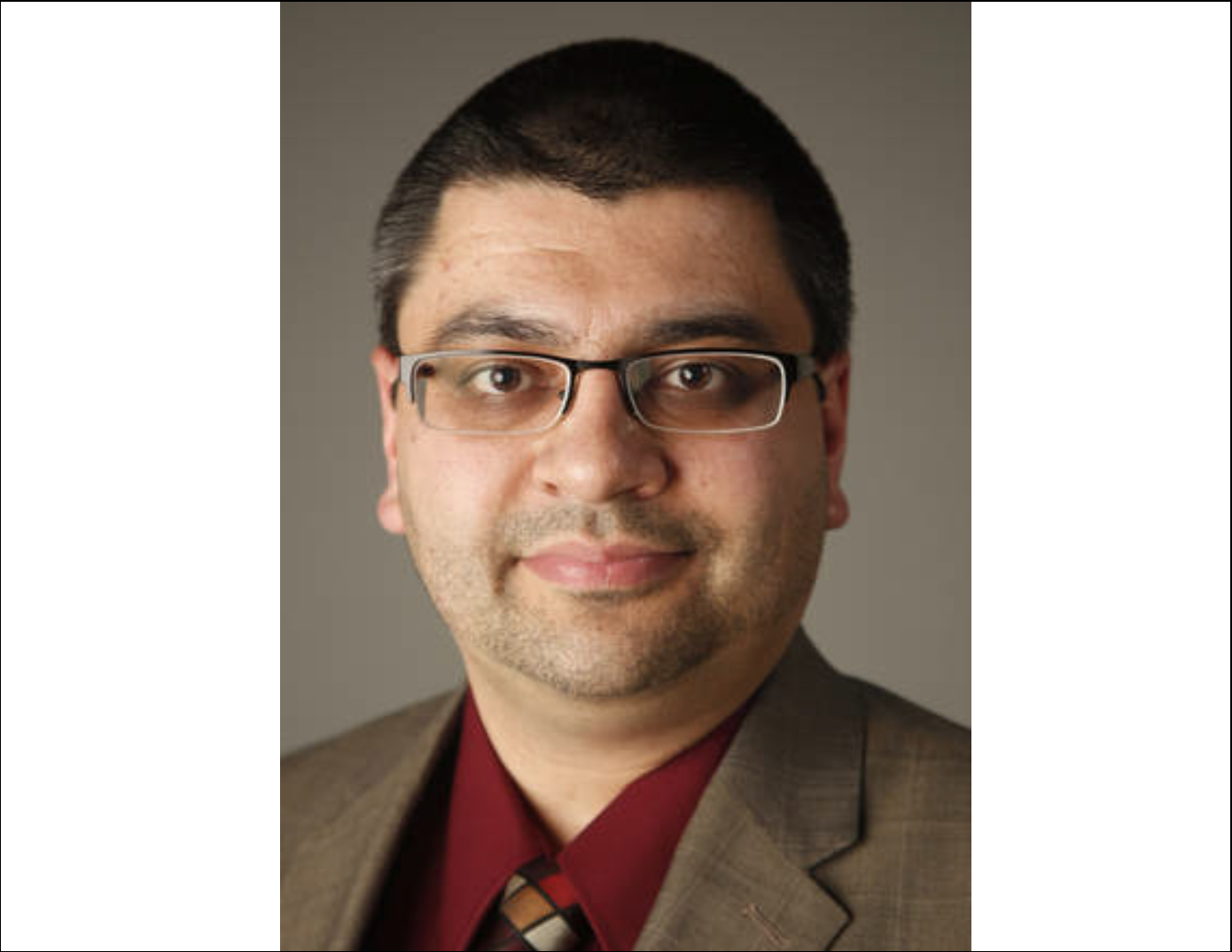An Oklahoma civil rights group is celebrating its 10-year anniversary of educating the public on the Islamic faith.
The Council on American-Islamic Relations (CAIR) chapter in Oklahoma has a vision to advocate for justice and reach mutual understanding between the Islamic community and the rest of society, according to its website.
For 10 years, CAIR has been working to defend rights and defeat intolerance through education.
“There is a lot going on with the migration crisis in Europe right now and American Muslims recognize that they have things a lot better in the U.S. than Muslims in Europe do,” Bible professor Robert Carpenter said. “But there is a lot of Islamophobia – a lot of prejudice – and CAIR keeps an eye out for incidents and offences against Muslims. They try to educate Muslims about their rights and they thrive in the environment of religious freedom that exists in the United States.”
With a mission to enhance the understanding of Islam, encourage dialogue and protect civil liberties, CAIR holds multiple events throughout the year like the Ramadan Day of Service, where volunteers helped package food during Ramadan hours to give back to the community, and Muslim Day.
“This was my first year to do the Muslim Day and I got to know about that through Interfaith Alliance connected with CAIR,” Kelsey Herndon, international admissions counselor at Oklahoma Christian, said. “It was a wonderful event. I took about six students from OC with me. We knew our task was simply to demonstrate love and kindness and to protect the attendees of the event at the capitol. … The number of people supporting those going in and coming out was much more than the ones protesting Islam.”
Hosted at the Norman Embassy Suites convention center, the event concluded with various awards presented. The founder of the Islamic society of greater Oklahoma City Imad Enchassi received the Lifetime Achievement award and many more.
Sophomore Abby Lorentz said that educating one another about differences and similarities helps remove racial bias.
“When I hear that someone is Muslim, I think of different cultures and different sets of ideas, not necessarily bad things,” Lorentz said. “I also think of unfamiliarity because I don’t know a lot about it. The Muslim population should be treated the same and they should be able to practice their religion.”














Be First to Comment